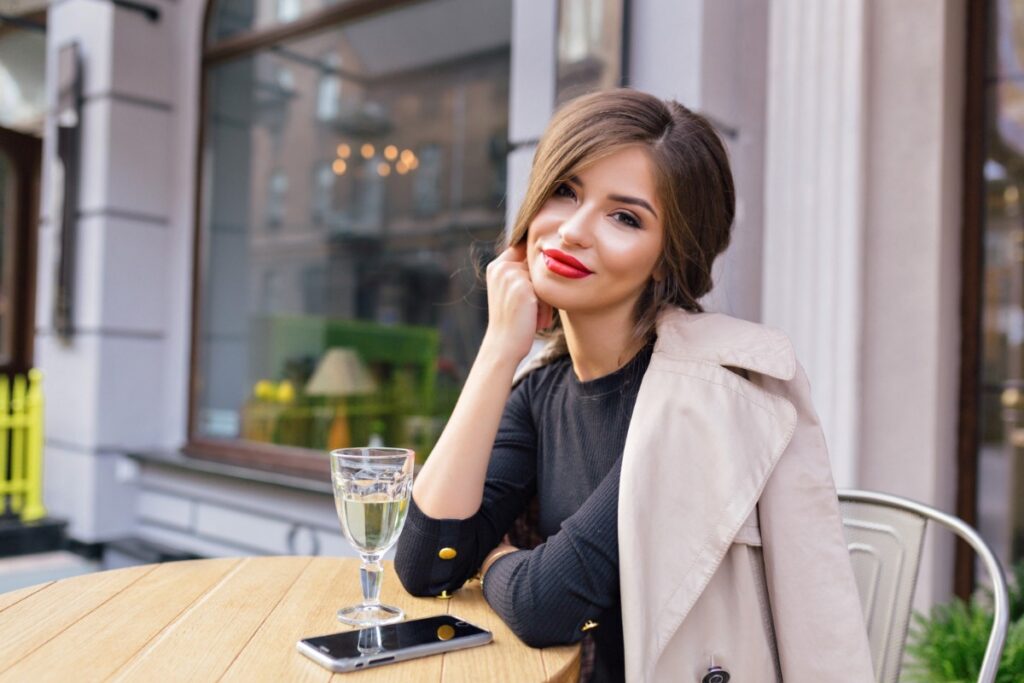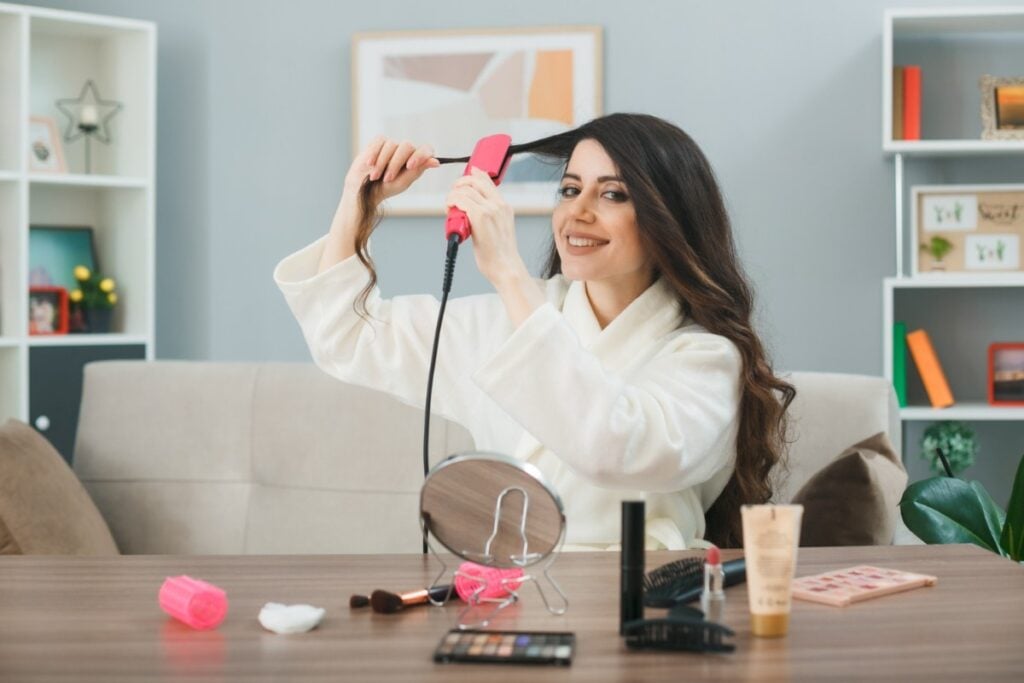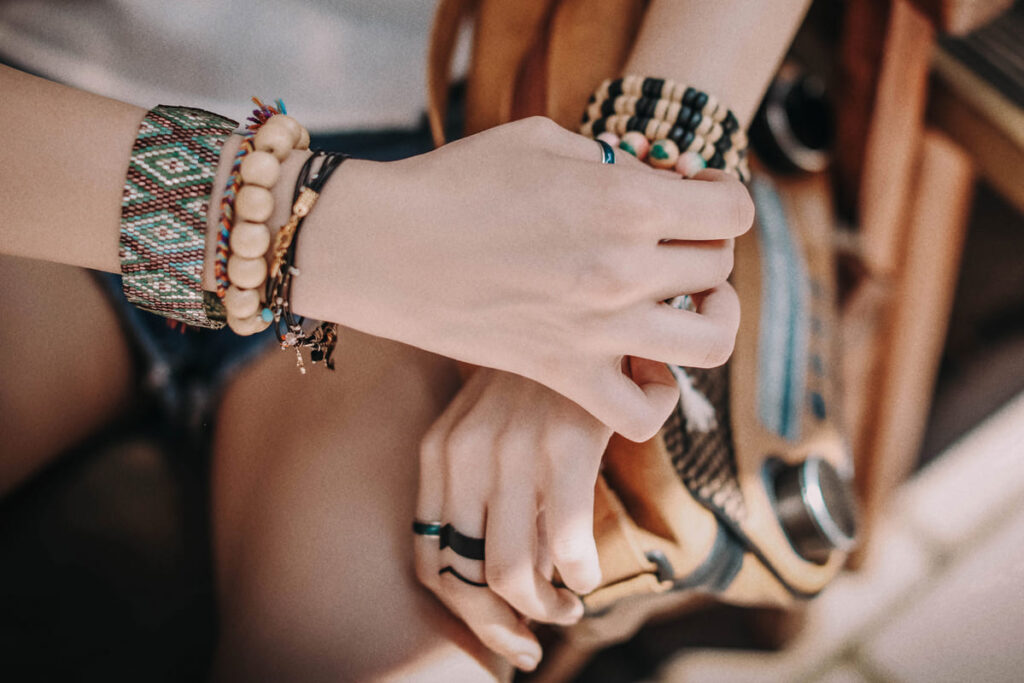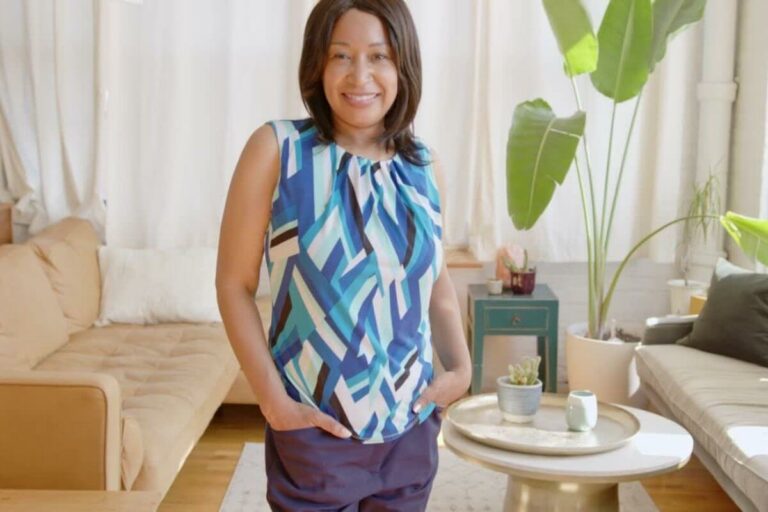15 Details People Notice Instantly (That You Probably Don’t Think About)
When you meet someone new, they quickly form an impression of you. These impressions shape how they interact with you and can influence relationships both personally and professionally.
People notice a variety of subtle details about you within seconds, often without realizing it. Understanding what these details are can help you become more aware of the signals you send to others.
Eye contact

The way you use eye contact says a lot about you in just a few seconds. When you look someone in the eyes, it shows confidence and interest.
Too little eye contact can make you seem unsure or distracted. On the other hand, staring too long might feel uncomfortable for others.
Finding a natural balance helps you come across as trustworthy and engaged. Your eyes can be one of the first things people notice, so paying attention to how you connect visually matters.
Smile

Your smile is one of the first things people see. It can show friendliness and make you seem approachable.
A genuine smile makes others feel comfortable around you. It often invites warmth and trust without a word being spoken.
Even a small smile can change how people perceive your mood. It signals positivity and openness in social situations.
Remember, a smile doesn’t have to be perfect to have an impact. The effort to smile shows that you’re engaged and present.
Posture

Your posture says a lot about you before you even speak. Standing or sitting up straight shows confidence and makes a positive impression.
Slouching can make you appear tired or uninterested. Good posture helps you look more engaged and approachable.
Pay attention to how you carry yourself. Small changes, like rolling your shoulders back, can boost how others see you quickly.
Clothing style

Your clothing style is one of the first things people notice about you. It gives a quick impression of your personality, mood, or even professionalism.
The way you choose to dress can show how much effort you put into your appearance. Simple, clean outfits often suggest you value neatness and attention to detail.
Accessories and colors also play a role. Bright colors might make you seem more outgoing, while muted tones can give off a calm and reserved vibe.
Ultimately, your clothing reflects your personal taste. It can help you connect with others who share similar styles or values.
Hairstyle

Your hairstyle is one of the first things people notice about you. It can say a lot about your personality and style without you saying a word.
If you keep your hair neat and cared for, it often gives an impression of attention to detail. On the other hand, a more relaxed style might show creativity or a laid-back attitude.
Changing your hairstyle can also signal new beginnings or shifts in your life. Either way, your hair quickly communicates something about who you are to those around you.
Voice tone

Your voice tone is one of the first things people pick up on. It can show confidence, warmth, or hesitation almost instantly.
If your tone is calm and steady, it often makes others feel comfortable and respected.
On the other hand, a loud or sharp tone might come across as aggressive or impatient, even if you don’t mean it that way.
Pay attention to how your voice sounds in different situations. You can practice to make your tone match the message you want to convey clearly.
Your voice reveals a lot about your mood and attitude before you say a word.
Facial expressions

Your facial expressions are one of the first things people notice about you. They give away how you feel and can set the tone for the interaction.
A genuine smile can make you seem friendly and approachable. On the other hand, a furrowed brow or tight lips might suggest you are worried or upset.
Eye contact and the way your face moves often show honesty and confidence. People quickly pick up on these subtle cues, whether you’re aware of them or not.
Hand gestures

Your hand gestures speak before you even say a word. People notice if your movements are open and inviting or closed off and guarded.
Using your hands to emphasize points can make you seem more confident and engaged. On the other hand, fidgeting or avoiding gestures might make you appear nervous or distracted.
Simple actions like a wave, a thumbs-up, or a handshake can leave a quick impression. Pay attention to how you use your hands—they add a lot to the story you’re telling without you saying anything.
Grooming

Your grooming shows others how much you care about yourself. Clean hair, neat nails, and fresh breath often stand out right away.
If your clothes are tidy and well-fitted, people notice that too. It sends a message that you pay attention to details.
Even small things like lightly scented lotion or trimmed facial hair can make a difference. Good grooming helps create a positive first impression quickly.
Body language

Your body language sends strong signals before you even speak. The way you stand, sit, or move your hands can show if you’re confident or nervous.
Eye contact matters a lot. Maintaining it makes you seem engaged, while avoiding it might look like disinterest or discomfort.
Small gestures, like smiling or nodding, can make you appear approachable and friendly. Avoid crossing your arms, as it might come off as closed or defensive.
Laugh style

Your laugh gives others an immediate sense of who you are. Whether it’s loud, quiet, or somewhere in between, it shows your comfort level and personality.
A genuine laugh can make you seem more approachable and trustworthy. On the other hand, a forced or nervous laugh might signal discomfort.
People often remember the way you laugh because it stands out. Your unique laugh style can leave a lasting impression, for better or worse.
Punctuality

You show respect for other people’s time when you arrive on time. Being punctual suggests you are organized and reliable.
If you often run late, people might wonder if you’re careless or disinterested. Small delays can add up and affect how others view your professionalism.
Your punctuality can set the tone for the meeting or event. When you’re early or on time, you help create a positive, relaxed atmosphere.
Being punctual doesn’t mean you have to be perfect. It means you value commitment and are aware of how your actions affect others.
Accessories

Your accessories say a lot about your style and personality. Whether it’s a watch, necklace, or pair of glasses, people notice these details quickly.
Wearing something unique or meaningful can catch attention and spark curiosity. Even simple choices, like the color or condition of your bag, make an impression.
Accessories also show how much care you put into your appearance. They can add a finishing touch that pulls your whole look together.
Energy level

People quickly pick up on your energy when you walk into a room. Your level of enthusiasm and engagement often speaks louder than words.
If you seem tired or slow, others might assume you’re uninterested. On the other hand, a lively and alert presence usually draws positive attention.
Your energy affects how approachable you appear. When your energy is balanced and genuine, it invites connection without overwhelming others.
Scent

Your scent is one of the first things people notice about you. It can be natural, like your body odor, or influenced by things like perfume, cologne, or soaps you use.
A pleasant scent can create a positive impression and make you more memorable. On the other hand, an unpleasant odor may push people away without them even realizing why.
Scent is closely linked to memory and emotions, so it often sticks in someone’s mind longer than your words or appearance. Choosing a scent that fits you can subtly boost your confidence and social interactions.







